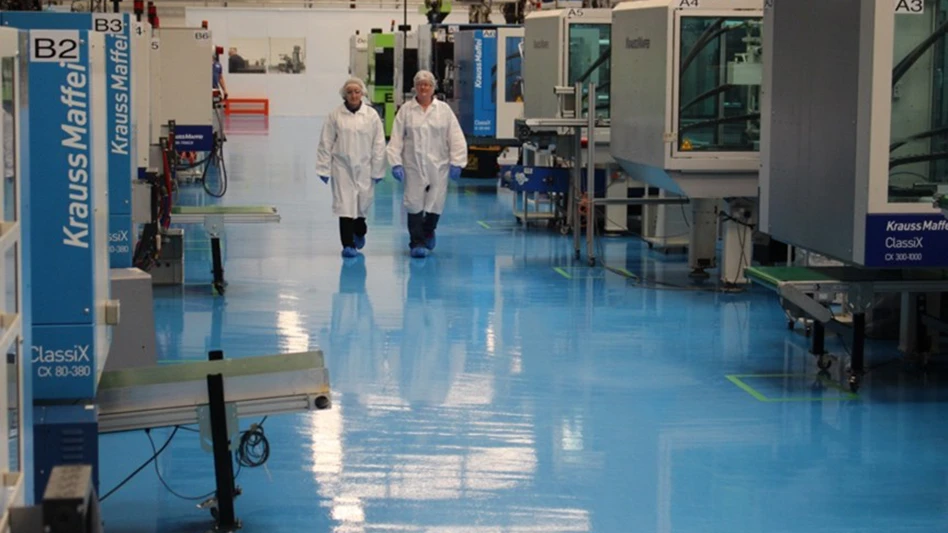As of May 31, there were 55 confirmed cases of the issue from some 139,653 SynchroMed II pump implants worldwide. The battery issue does not include Medtronic's external insulin pumps for diabetes.
The medical device maker issued its first warning on the pumps, typically used to administer pain medication, in July 2009. At that time, the U.S. Food and Drug Administration (FDA) classified the action as a class II recall, not the most serious type of recall, but one that might cause temporary health problems or pose only a slight threat of a serious nature.
A spokeswoman for Medtronic said the company currently is working with the FDA on design changes to address the problem.
In April 2010, the FDA said it was placing a renewed focus on preventing problems associated with infusion pumps, widely used devices that deliver fluids, such as medication and nutrients, into the body through a built-in software interface. At that time, the FDA said there appeared to be deficiencies in device design and engineering,
The company, which makes a wide range of heart, neurological and spinal devices, said it is not recalling the product, nor is it recommending surgical removal of the devices unless a patient's pump demonstrates reduced battery performance.
The company said its analysis indicates that the problem is related to the formation of a film within the pump battery that may affect battery performance. This can lead to the sudden loss of therapy and the return of underlying symptoms and/or withdrawal symptoms, Medtronic said.
Patients with severe spasticity who receive baclofen inside the spine through the infusion pump are at risk of baclofen withdrawal syndrome, which can lead to a life-threatening condition if left untreated. Baclofen is a muscle relaxer and an antispastic agent.
Medtronic said it encourages patients to carry their patient identification cards with them at all times and to contact their physicians immediately if they experience a return of symptoms or hear a device alarm.
It said it is working to obtain U.S. approval for a battery design change intended to prevent the issue from occurring in future pumps. The design change has been implemented in several regions, including Europe, Australia, New Zealand, Canada, Africa and India
Latest from Today's Medical Developments
- Boston Scientific to acquire Penumbra, expanding cardiovascular portfolio
- Star Cutter introduces Double Pilot Reamer
- #80 Manufacturing Matters - Machining Strategies to Save Time and Improve your Process for MedTech Components with Kennametal Inc.
- Real-world parts and expert manufacturing advice
- Experts discuss the latest in toolholding technology
- How permanent magnets are powering medical innovation
- Forecasting the year ahead in design and manufacturing
- Tecomet, Orchid Orthopedic Solutions announce merger agreement





